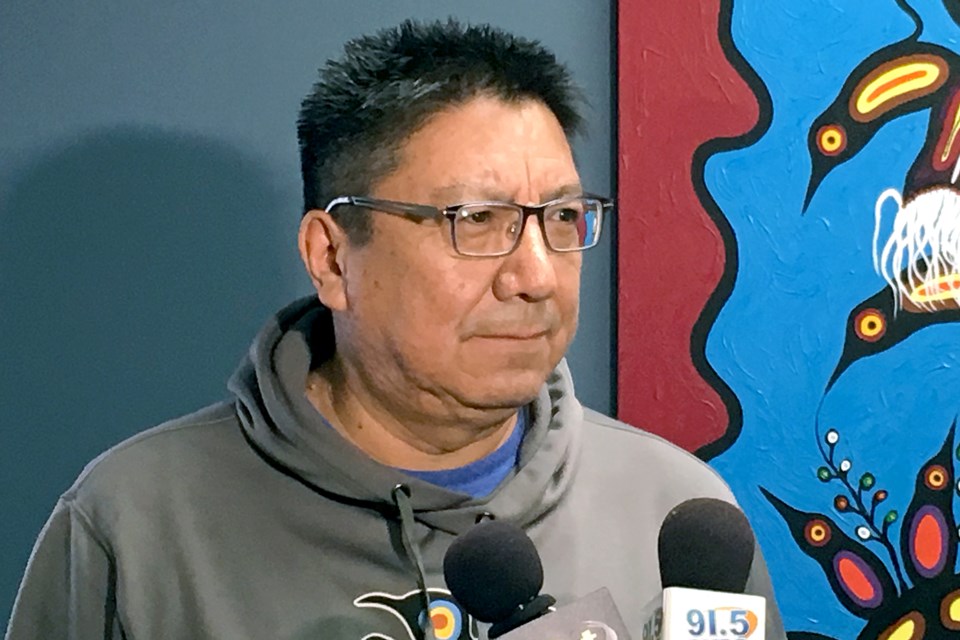TORONTO – The Chiefs of Ontario voted Thursday in support of a $47.8-billion child welfare reform agreement with Canada, and chiefs from Northwestern Ontario played key roles in the decision.
Grand Chief Alvin Fiddler of Nishnawbe Aski Nation (NAN), representing dozens of First Nations across Ontario’s north, participated in the debate that led to what he described as an “overwhelming” vote in favour.
Fiddler is a member of Muskrat Dam First Nation, a Treaty 9 community north of Sioux Lookout.
The motion to ratify was seconded by Chief Archie Wabasse of Wunnumin Lake First Nation, a Treaty 9 community northeast of Sioux Lookout.
In a news conference, Regional Chief Abram Benedict said Thursday’s vote was “a step in the right direction as we continue to work against and reform the colonial systems that have impacted each and every one of our communities, whether it be the most northern community or the most southern community.”
Thursday’s vote in Toronto followed a ratification vote Wednesday evening by NAN chiefs.
The deal between First Nations and the federal government was announced in July after many years of litigation seeking to redress inequities and discrimination in child welfare practices.
The next step in full ratification of the 10-year, $47.8-billion agreement will come with debate and a vote next week at an Assembly of First Nations (AFN) special chiefs assembly in Calgary.
“Today, the leadership from Ontario chose to be bold and courageous,” Fiddler said.
“And I know that when they were being asked to make this very important decision today, that they put the interest of their children first and they made this decision because they knew that if they say no to this agreement, they’re saying yes to the status quo – and all of us know and recognize that the status quo continues to harm our children.”
Fiddler said an important feature of the agreement for many NAN members is its “remoteness quotient,” a calculation to adjust funding for remote First Nations to reflect “what the true cost is of delivering a service or program in a remote setting.”
Wabasse, who is chief of a fly-in First Nation, said the agreement “will help the families in Wunnumin that are struggling.”
Wabasse said he will be in Calgary next week for the AFN proceedings.
